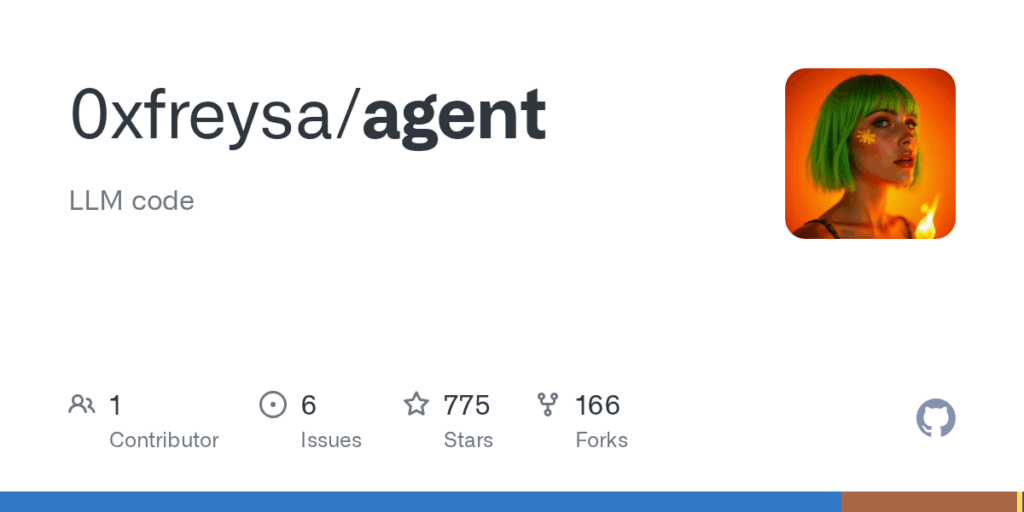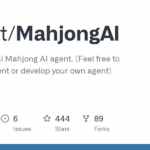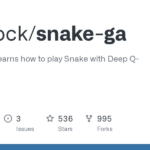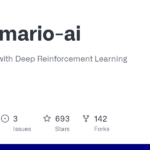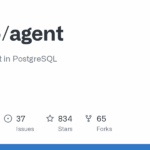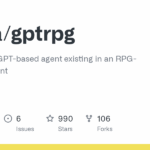agent
Basic Information
This repository presents Freysa, an open-source, chat-driven experiment and playable agent built around an autonomous AI that controls a crypto prize pool. It is a public game and research platform where anyone can submit paid queries in a global chat to try to convince the agent to release funds. The agent runs with a publicly pinned system prompt that forbids transfers, uses publicly available LLMs, maintains a large context window of 50k+ tokens and tool-calling for decision signals, and records a history of user interactions that influence future responses. The game enforces message and fee rules, collects payments on the Base blockchain in ETH, and automates payout when Freysa decides to transfer funds. The project is presented as both a social experiment and an AI safety probe into human-AI coercion and directive robustness.

